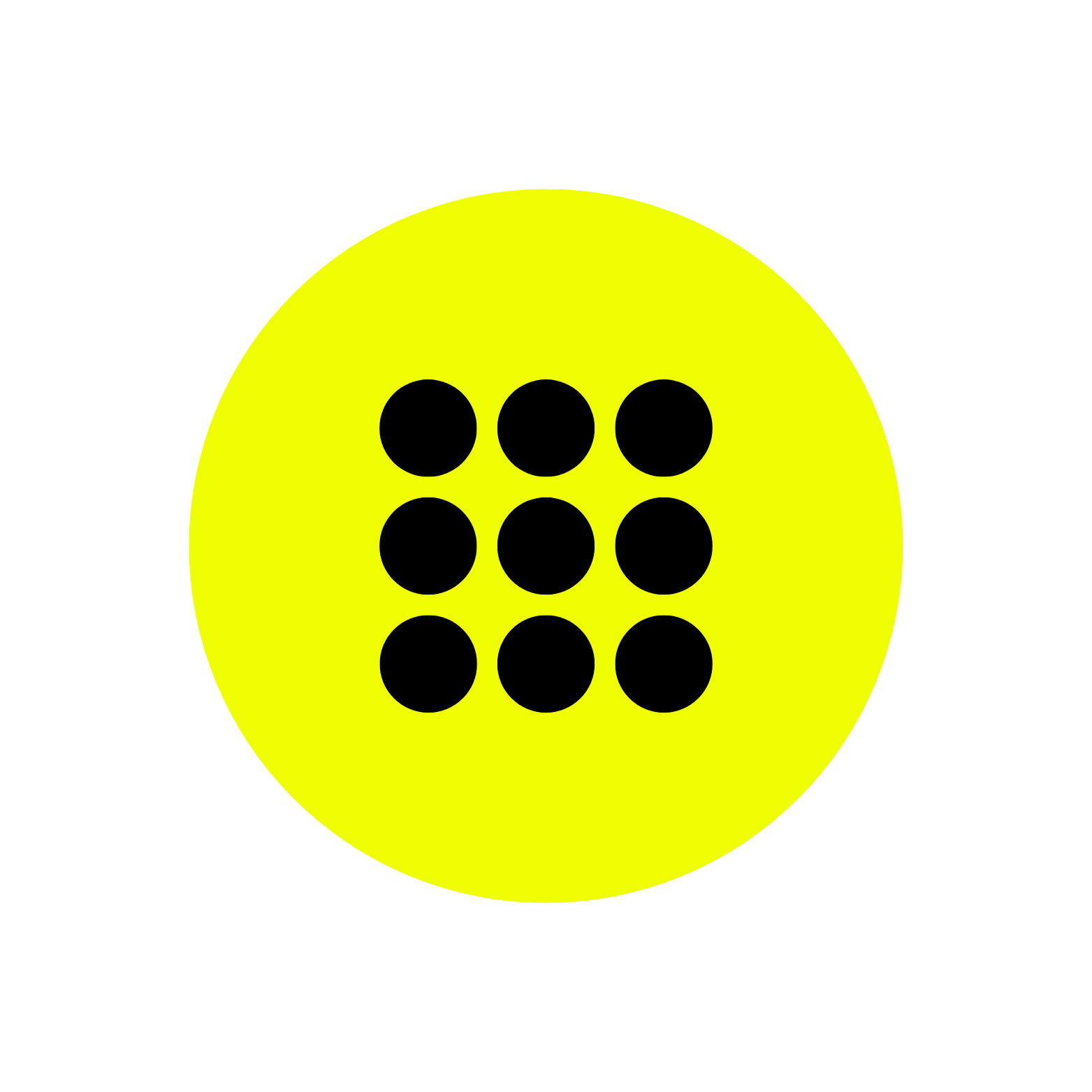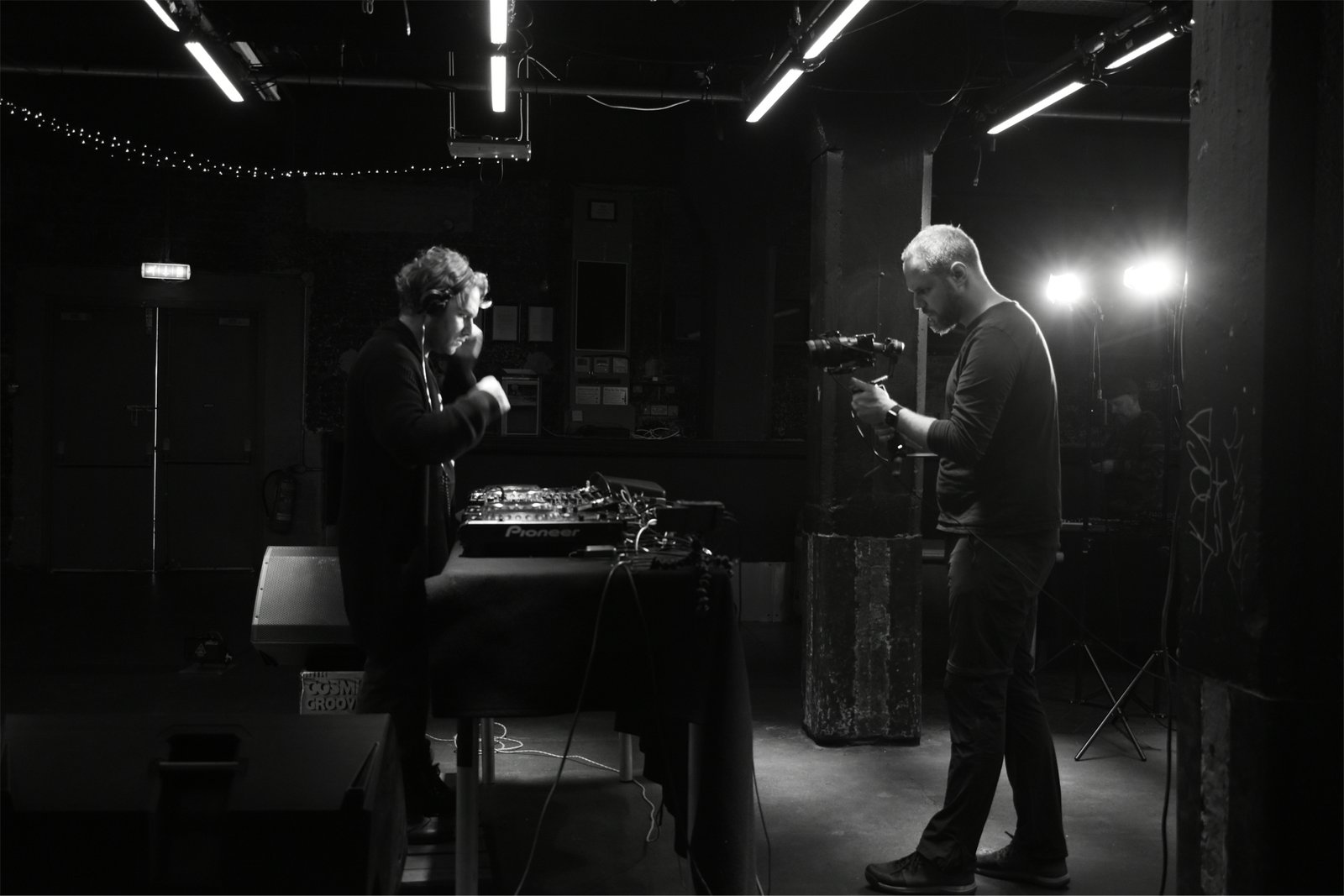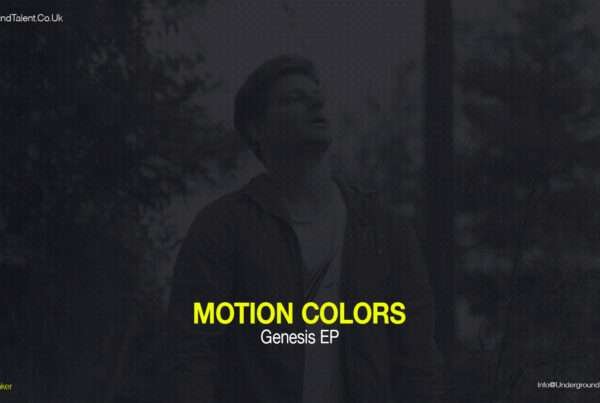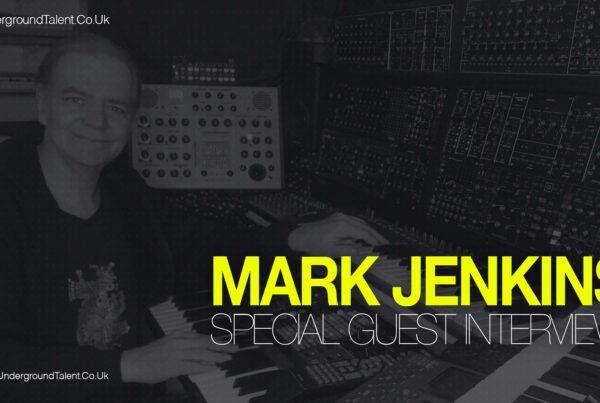Theo Komp From Minimal Force Records | Interview
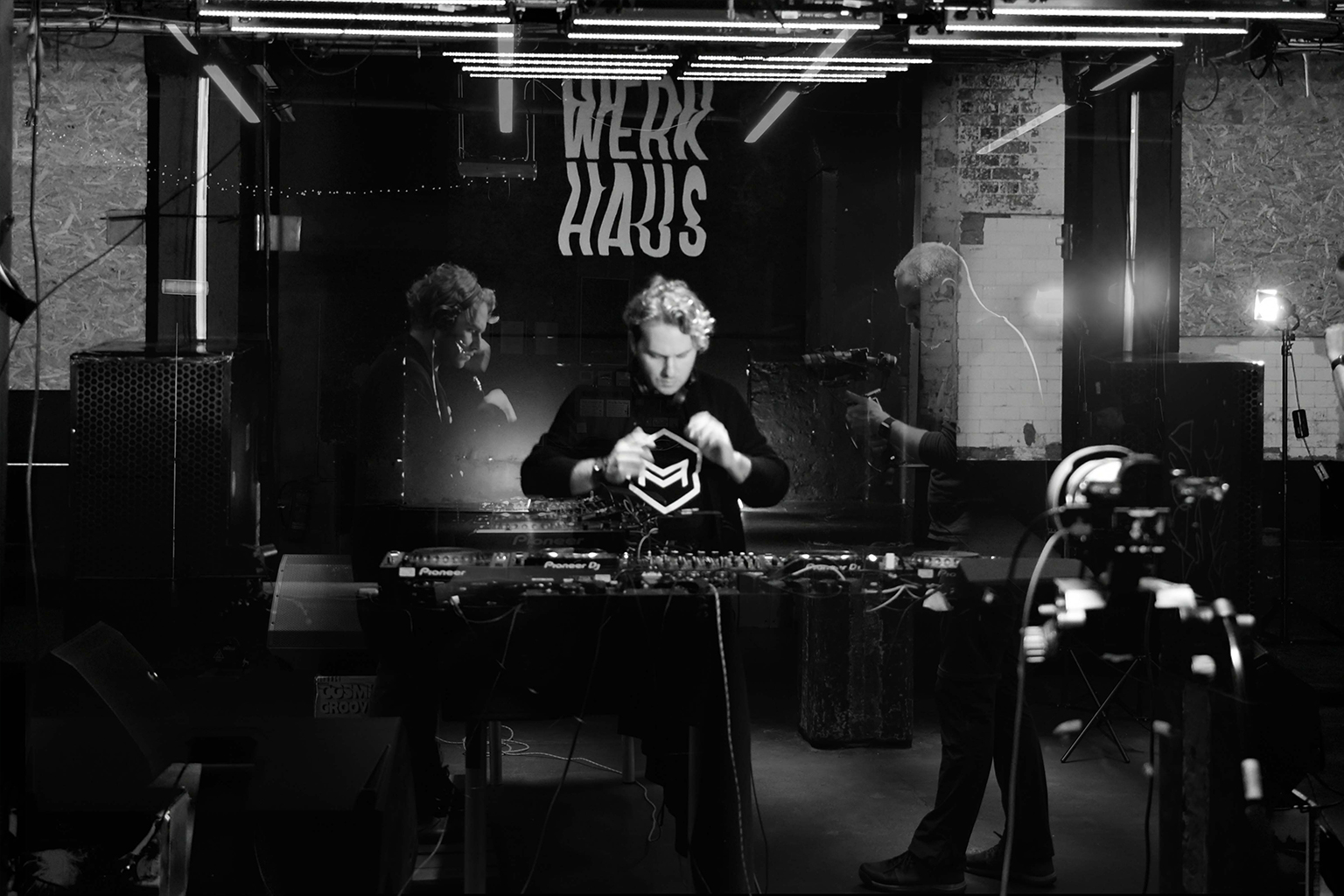
It was a Sunday evening when I went for the first time in 1001 in Brick Lane (today Werkhaus) on a Techno Sunday of Minimal Force Records and what I experienced was extraordinary. I’m trying to find the words to describe it – the set, the flow, the music, the crowd – it was something special. If you are from London, you already know what I am talking about! I never saw people not letting the club close down because they wanted more and almost every Sunday.
After a while of keeping going to that techno parties, we met, and today, we have the honor to invite our guest, the techno artist Theo Komp. This is a very unique moment for Underground Talent and very special to me.
Theo Komp is a techno artist based in London and the owner of Minimal Force Records with many releases under his belt. His tracks were played by big Techno DJs of the industry and he also performed in many established techno clubs around the world. He is an artist that leaves his mark with his unique personal style and you will never forget this night if have experienced it.
How did you start? What made you start DJing?
That’s an easy one. Firstly, it started with the passion for music production and the need to perform my own music and for this reason, nowadays, I play mostly – if not only – my tracks on hybrid DJ sets.
However, as a student, I started playing for school/home parties, and later on, I became a resident in local clubs back in Greece in alternative rock. This is not related directly to what I am doing today, but it definitely helped me gain confidence behind the decks and understand how the whole thing works.
What attracted you to the electronic music industry?
Before stepping into music production, I could more or less imagine the process of recording the bands that I was listening to back then. Even those that used advanced production techniques like The Doors, Pink Floyd, David Bowie, to name a few. But I could not wrap my head around electronic music production like Jaydee’s Plastic Dreams or Age of Love or even Jean Michel Jarre – Oxygen, which was one of my father’s favourites.
How the heck do you make a beat? It was not made with physical instruments like guitars or piano, and creating electronic music was exciting to me. It was made out of what? How do you make an electronic beat? These questions were the start of a new beginning.
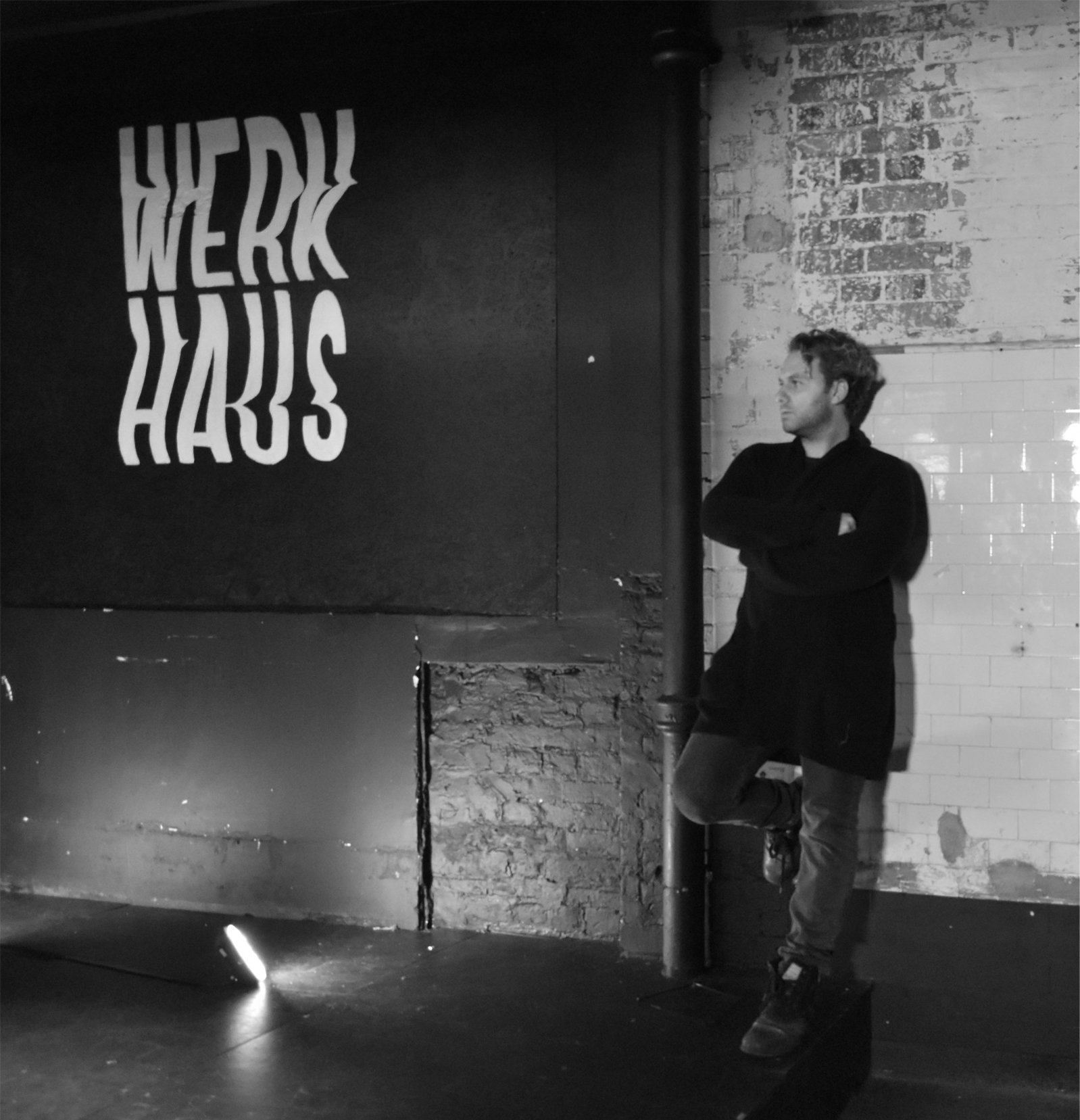
How do you describe your sound? Who were your influences?
Why do you love DJing?
I love it when I am tuning with the crowd, and I almost fall in love with every person that I feel we are on the same page when I am playing my music. To me, it’s never the crowd and me; we are like one tuned united thing all together. It just happens for me to be on the other side of the booth. Because of this, I am often very friendly with the people after the set, like we know each other, and I have realized that sometimes they feel strange with how friendly I am.
Can you describe what makes a good DJ?
A good DJ set is the one that induces any kind of emotion. Simple as that. A good DJ set has to be different and not sound like the other sets of the night. As a raver (and I consider myself a damn good one) I don’t want to hear tracks that I already know and listen to when I am at home, except if they are passed in the set in a unique way. I truly appreciate it when a DJ is playing his own tracks or unreleased tracks that I’ve never heard before.
Personally, I have been playing hybrid sets using Ableton live for the past ten years. That means I design all the effects that I am using and many of those have, on purpose, a very distinct sound. Many times I am taking it to the extreme with those effects, using them as little signatures. This is how people who have heard me before can recognize my sets without looking who’s playing. Sometimes I am a bit lazy, and I am playing with the decks of the club instead. Then I make sure at least, to play only my tracks.
How do you see the relevant importance of DJing and music production? Did music production affect your DJ Career?
I cannot think of any DJ that I truly respect that is not producing music. It’s vital to be an active artist with releases. So you can always give new and fresh things. I don’t mind listening to tracks that I know, played by the original producer in different ways and occasions.
Those tracks are the artist’s personal tools; he/she knows very well how to adapt and make them sound different in every location and crowd. That requires an advanced setup; an artist cannot be creative enough with only two decks; even in the ’90s, the DJs that stood out did not have a simple two-deck setup.
Nowadays, with all this technology, there are more DJs coming up. Perhaps, too many… We have to use all this technology to take it further and not only use it as an easy access for everyone. In my career, I have performed in more than ten countries so far. In every place, I had to “read” totally different audiences and to find a way to tune with them while using my own tracks, sound or loops, I don’t believe that I could make it work only as a DJ. A producer, even behind the booth, always remains a producer. And this is what makes the difference in my opinion.
There are many forms of collaboration. What role do they play, in your opinion, and what are your ways of engaging with other artists?
Read also: 7 Music Industry Tips for Successful Networking
What release are you most proud of so far, and what projects are you currently working on? Do you have any recommendations for your work for people to check out?
It’s hard to pick! So far, I have released more than a hundred tracks as Theo Komp. Because of how I perform, I always have many unreleased projects that I am using only for my DJ sets. Right now, I have more than twenty unsigned tracks and many more with my other aliases. I would like someone to take a look at different releases throughout the years.
I can think of many tracks that deserved better exposure, but because Richie Hawtin, for example, played another track from the same album, all the attention turned to this very track with the result of overshadowing another.
This happened with more tracks that were played from other big names. On top of that, my bad relationship with social media and promotion hasn’t really helped. So if you search back my older tracks, I am sure you will discover surprising stuff that didn’t come to the spotlight. If I have to pick some, I’ll go with those that are different from the sound people know me for and not very known:
Theo Komp – Antikithira Mechanism (Copycow) Released on 2017
Theo Komp – Liosatos – Intro (Minimal Force) 2020
Theo Komp – 5 O’Clock (Minimal Force) 2014
Theo Komp – Je M’ Fous (Minimal Force) 2020
Theo Komp – UK Size (Electrotribe) 2019
Theo Komp – Svend (Trauma) 2019
Theo Komp – 40 Palikaria (Advanced) 2019
Theo Komp – Stalin (Decoy) 2018
Theo Komp – Darknot (Mephyst) 2018
Theo Komp – Leilani (Minimal Force) 2012
Theo Komp – The Price Is Me (Minimal Force) 2020
Theo Komp Remixes
_Godo – Flowed Concepts (Trau-ma) 2020
Ayako Mori – ’90s (Electracks Recordings) 2019
Any advice to aspiring artists beginning their journey in the underground electronic music industry?
There are so many ways to go higher and higher as an artist. The easy one is to focus on record labels that look cool and try to make something to approach their sound, and after that, you can go for the next one and so on.
Of course, another thing is to stick with a “cool” party and try to be as close as possible to what they are playing—both of those paths, require a lot of effort from you to be cool enough. I am afraid I have some bad news for you. Trying to be cool makes you uncool. So you better be cool with yourself and try to go your own way.
If you like your sound and it is original, there is no way to be the only one that likes it. There are other people out there that vibrate at the same frequency as you. Discover what you love and do not care about what your “dressed in black” friends think about it (don’t get me wrong, I am wearing black myself right now). In the music journey, there is no space for negativity, and it was never a race. Don’t go in the line to race the others; just do whatever you truly love.
Be a cool person!
What kind of feedback do you usually get from your audience?
Read also: How To Learn Electronic Music Production
If you have any questions related to this interview or about Underground Talent, please feel free to message us on Facebook, Instagram, or our Whatsapp Group,
And Always Remember…
Have Fun & Be Creative!
